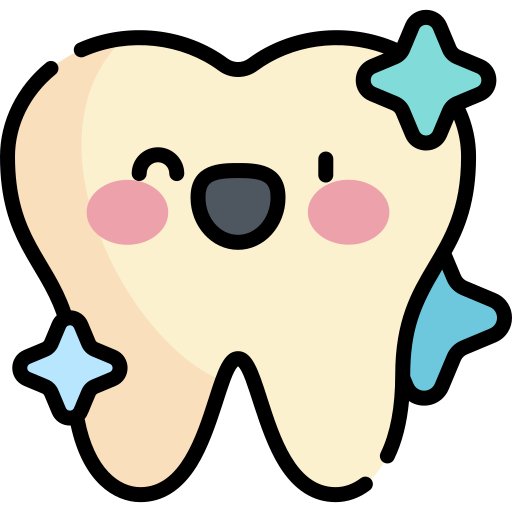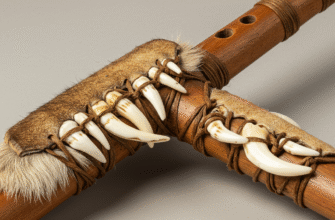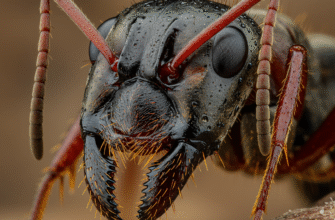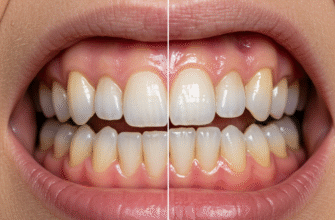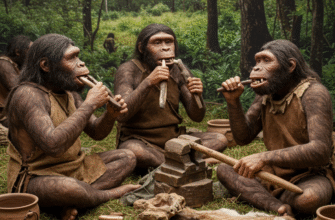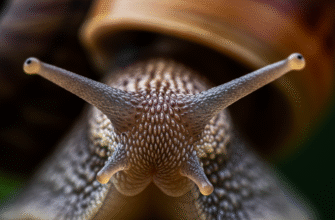Ever paused, toothbrush in hand, morning fog still clinging to your thoughts or night-time weariness setting in, and wondered just how much of your life is dedicated to this twice-daily ritual? It’s a fleeting thought for most, quickly dismissed. But if you were to actually tally up those minutes, the grand total might just make your jaw drop – hopefully not while you’re mid-brush. It turns out, that seemingly small act of scrubbing your pearly whites accumulates into a surprisingly hefty chunk of your lifespan. We’re not talking hours, or even just a few days. We’re talking weeks, potentially months, spent in the company of toothpaste and bristles.
It sounds almost preposterous, doesn’t it? How can a few minutes here and there amount to anything so significant? Yet, the math, as they say, doesn’t lie. This isn’t some obscure statistic; it’s a simple calculation based on common habits and average lifespans. The quiet, consistent dedication to oral hygiene is one of those background processes of life that, when brought to the forefront, reveals an unexpected commitment of time.
The Grand Tally: Adding Up Those Minutes
Let’s break it down, shall we? Most dental professionals recommend brushing for two minutes per session. And most folks, ideally, brush twice a day – once in the morning to face the world with fresh breath, and once at night to clear away the day’s culinary adventures. So, that’s four minutes per day, every single day. Doesn’t sound like much, does it?
But multiply that four minutes by 365 days in a year. You’re now looking at 1,460 minutes annually dedicated to this task. Convert that to hours, and it’s just over 24 hours – a full day out of every year spent purely on brushing your teeth! Imagine, one whole day where your sole activity, if performed consecutively, would be standing at the sink, brush in motion. Suddenly, it feels a bit more substantial.
Now, let’s extrapolate that over an average lifetime. If we take an average lifespan of, say, 78 years (which varies by region and individual, of course, but serves as a good benchmark), you multiply that one full day per year by 78 years. The result? You’re spending approximately 78 to 80 entire, 24-hour days of your life brushing your teeth. Let that sink in. That’s nearly three months! Three months of scrubbing, rinsing, and spitting.
Independent calculations confirm this staggering figure. If you brush for the commonly recommended two minutes, twice per day, over an average lifespan of around 78 years, you’re looking at a commitment of roughly 78 to 80 full, 24-hour days. That’s nearly three months of your existence spent with a toothbrush in hand! Consider it a significant, albeit tiny, daily investment in yourself and your comfort.
So, What Does That Time Really Mean?
Those 78 to 80 days are fascinating to consider. What else could one do with nearly three months of dedicated time? You could learn a new language to a conversational level. You could write a novella. You could hike a significant portion of a long-distance trail. You could master a complex musical instrument, at least to a foundational degree. You could watch your favorite movie series back-to-back, many, many times over. It’s a period long enough to embark on a substantial project or enjoy an extended vacation, exploring new corners of the world or simply unwinding.
Thinking about it this way doesn’t necessarily mean it’s wasted time, of course. But it does put into perspective the cumulative power of small, consistent actions. That little habit, performed almost on autopilot, carves out a not-insignificant slice of our time on this planet. It’s a testament to how deeply ingrained certain personal care routines are in our daily lives, and how they compound over the years into something quite monumental when viewed in totality.
More Than Just a Habit
Why do we willingly, almost unconsciously, dedicate this impressive quantum of time to such a seemingly mundane task? The answers go beyond just the mechanical act of cleaning. A freshly brushed mouth offers a feeling of renewal, a clean slate to start the day or a comfortable end to it. It’s about that invigorating minty freshness, the smooth sensation of your tongue gliding over polished enamel.
There’s a strong social component too. Fresh breath is a cornerstone of confident interaction. Nobody wants to be the person known for, well, the opposite. So, that brushing time is also an investment in our social comfort and the comfort of those around us. It’s a small courtesy we extend to ourselves and others. Moreover, for many, it’s a ritual – a moment of quiet solitude at the beginning or end of the day, a brief pause in the hustle and bustle. It’s a consistent, predictable act in an often unpredictable world.
It’s Not a One-Size-Fits-All Scrub
Naturally, this “average” figure comes with plenty of caveats. Not everyone adheres strictly to the two-minute, twice-a-day guideline. Some are lightning-fast brushers, managing a quick once-over in under a minute. Others are meticulous, perhaps extending their routine with flossing, mouthwash, and detailed attention to every nook and cranny, pushing their daily total well beyond four minutes.
The type of toothbrush can also play a role, if not in actual time, then in perceived effort. Many electric toothbrushes come with built-in two-minute timers, often divided into 30-second intervals for each quadrant of the mouth. This can help people brush for the recommended duration, potentially increasing the average time for those who previously rushed. Then there are those with braces, retainers, or other dental appliances, for whom brushing is a more complex and time-consuming operation, often requiring special tools and extra care. Their lifetime brushing tally would undoubtedly be higher.
And let’s be honest, there are days when one brushing session might get skipped, or perhaps a third one added after a particularly garlicky lunch. Life happens, and routines flex. So, while the 78-day figure is a compelling average, individual experiences will certainly vary, painting a diverse tapestry of tooth-brushing timelines across the population.
From Chore to Cherished Moment?
Given that we’re investing so much time, is there a way to make those minutes more enjoyable, or even productive? For many, it’s already a fairly neutral, automatic task. But for others, it can feel like a chore, especially when tired or rushed. The good news is, you can easily “multi-task” during your brushing routine without compromising its effectiveness.
Consider using those two minutes to listen to a short news brief, a segment of a podcast, or a favorite song. Two minutes is roughly half a pop song – a mini jam session to start or end your day. You could practice mindfulness, focusing entirely on the sensation of the bristles, the taste of the paste, the rhythm of your movement. It can be a surprisingly meditative moment if you allow it to be.
Alternatively, use the time for a quick mental task: plan your top three priorities for the day, reflect on one good thing that happened, or even practice a bit of gratitude. The bathroom mirror can be a stage for silent affirmations or just a moment to connect with yourself. By pairing brushing with another simple, enjoyable, or useful micro-activity, those accumulated months might feel less like lost time and more like integrated moments of personal care and reflection.
A Quick Brush With History
It’s also interesting to reflect that this significant time investment is a relatively modern phenomenon in the grand sweep of human history. While humans have cared for their teeth for millennia, the methods have evolved dramatically. Ancient civilizations used “chew sticks” – small twigs frayed at one end to create bristles. Powders made from various materials like crushed bone, oyster shells, or pumice were also common, applied with fingers or cloth.
The bristle toothbrush as we might recognize it began to appear in China during the Tang Dynasty, often using hog bristles. It slowly made its way to Europe, but widespread adoption took centuries. Nylon bristles, invented in the 1930s, revolutionized toothbrush manufacturing and accessibility, making the kind of regular, dedicated brushing we do today a common practice across much of the world. So, that 78-day commitment is largely a product of 20th and 21st-century habits and technology.
The Takeaway: Time Well Spent?
So, the next time you pick up your toothbrush, take a moment to appreciate the sheer scale of this lifelong commitment. Nearly three months of your life, dedicated to those little white warriors in your mouth. It’s a fun fact, certainly, and perhaps a slightly startling one. But it also speaks volumes about the importance we place on personal upkeep, on feeling good, and on presenting our best selves to the world, one fresh smile at a time.
Whether you view it as a tedious chore or a refreshing ritual, the fact remains: brushing your teeth is one of the most consistent time investments you’ll make over your entire life. It’s a quiet, daily nod to self-care that adds up, quite literally, to a significant chapter in your personal timeline. And who knows, perhaps knowing this will make those two minutes, twice a day, feel just a little more meaningful. Or at least, give you something interesting to ponder while you scrub.
